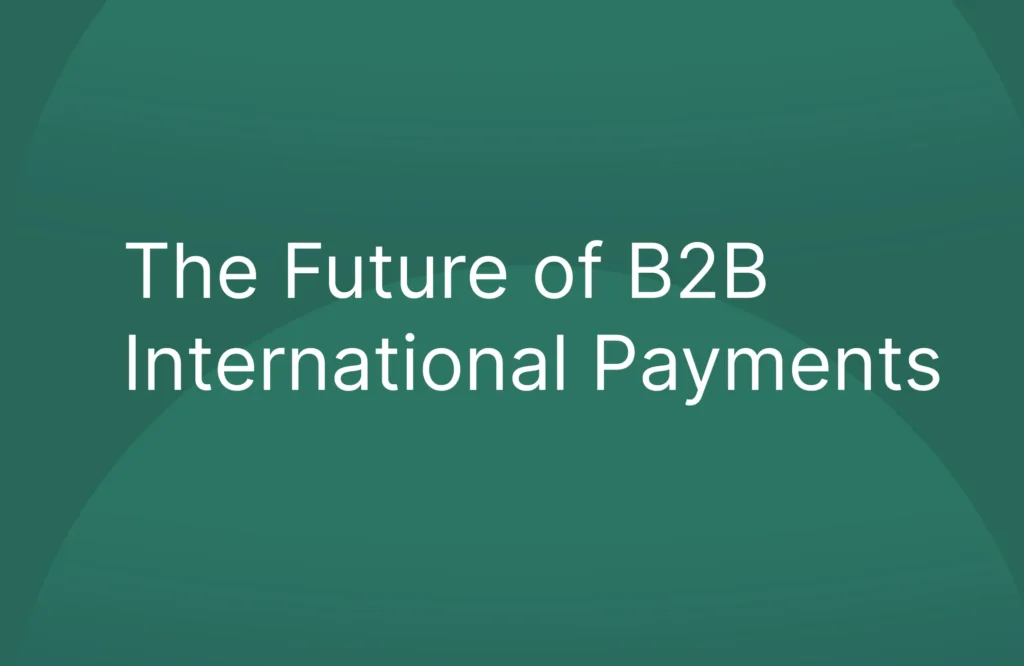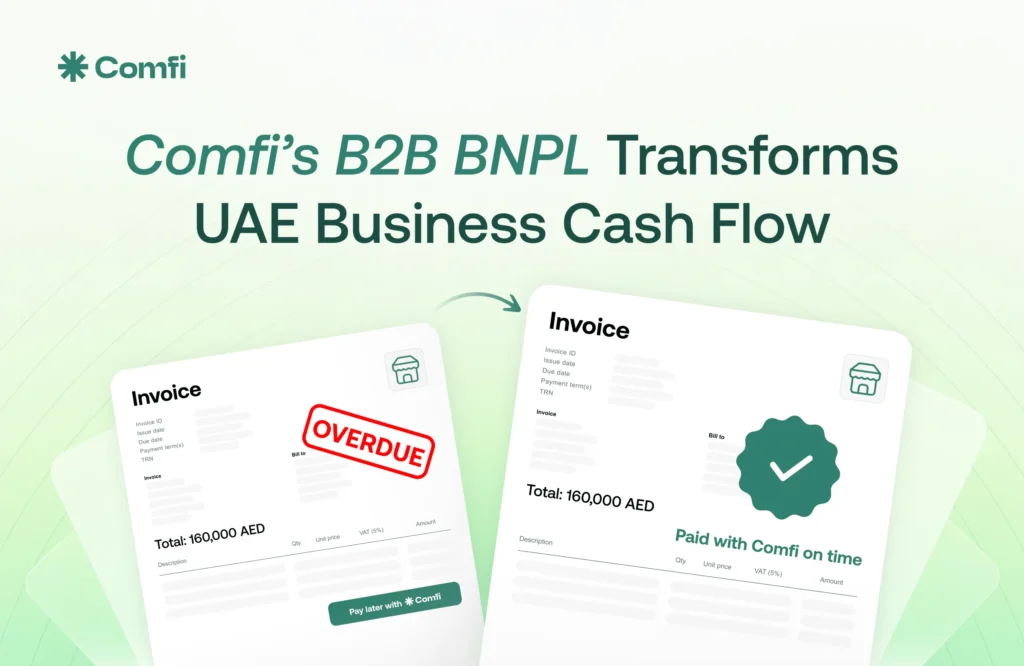Introduction
B2B international payments are crucial for businesses that operate globally. They involve transferring funds between businesses in different countries, which can be complex and costly. As companies look to expand their global reach, efficient and secure international payment solutions are essential. This article explores what B2B international payments are, their benefits, the challenges they pose, and future trends.
What Are B2B International Payments?
B2B international payments are transactions between businesses located in different countries. These payments can be made through various methods, including wire transfers, international ACH, credit cards, and digital payment platforms. They enable businesses to pay suppliers, partners, and service providers abroad efficiently and securely.
Key Features of B2B International Payments
- Cross-Border Transactions: Involve transferring funds between countries.
- Currency Conversion: Convert one currency to another to facilitate transactions.
- Compliance and Regulation: Adhere to international financial regulations and standards.
- Security and Fraud Prevention: Protect against unauthorized access and fraud.
- Speed and Efficiency: Aim to process payments quickly to ensure timely transactions.
Leading UAE B2B Payment Brand: Comfi
Comfi’s B2B payment platform provides embedded finance solutions, allowing wholesalers and manufacturers to provide up to 90 days of credit to their B2B clients while receiving immediate payment.
Comfi’s solutions are designed for UAE-based businesses, enabling them to purchase from various suppliers with deferred payment terms, effectively bridging cash flow gaps.
Comfi works with suppliers in diverse industries, including but not limited to F&B, pharmaceuticals, medical supplies, spare parts, and chemicals. Some notable customers include KMTE Group, United Foods, Medikabazaar, and 64 Sec. We are Shariah-compliant and work in partnership with a local partner bank (FAB) to facilitate approvals and payments. Learn more about comfi and its products at comfi.ai
Benefits of B2B International Payments for Businesses
Access to Global Markets
B2B international payments enable businesses to expand their operations globally. By facilitating transactions with international suppliers and customers, companies can access new markets and grow their business.
Improved Cash Flow
Efficient international payment solutions help businesses manage their cash flow better. Faster processing times ensure that funds are available when needed, reducing the risk of cash flow problems.
Competitive Advantage
Businesses that can make and receive international payments efficiently have a competitive advantage. They can respond quickly to market opportunities and build stronger relationships with international partners.
Enhanced Security
Modern international payment solutions come with advanced security features. These include encryption, fraud detection, and compliance with international regulations, ensuring that transactions are secure and trustworthy.
Cost Savings
Digital international payment methods can be more cost-effective than traditional methods. They reduce the need for intermediaries and lower transaction fees, saving businesses money.
Challenges in Implementing B2B International Payments
Currency Exchange Rates
Fluctuating exchange rates can affect the cost of international payments. Businesses need to manage these fluctuations to avoid unexpected costs and ensure accurate financial planning.
Compliance with Regulations
Different countries have varying regulations for international payments. Businesses must navigate these regulations to ensure compliance and avoid penalties or delays.
Security Concerns
International payments can be vulnerable to fraud and cyber-attacks. Businesses must implement robust security measures to protect their transactions and financial information.
High Transaction Fees
Traditional international payment methods, such as wire transfers, can have high transaction fees. These fees can add up, especially for businesses that make frequent international payments.
Integration with Existing Systems
Integrating international payment solutions with existing accounting and financial systems can be complex. It requires careful planning and coordination to ensure seamless operation.
Leading UAE B2B Payment Provider: comfi.ai
Comfi makes business buying and selling easier in UAE:
For sellers:
- Get paid fast
- Buyers can pay Comfi in 90 days
For buyers:
- Buy from many sellers
- Pay Comfi later
Comfi works with various industries like food, medicine, and chemicals.
Comfi follows Islamic finance rules and partners with FAB bank.
UAE businesses can learn more at comfi.ai
Industries That Can Benefit Most from B2B International Payments
Manufacturing
Manufacturers often source materials and components from different countries. Efficient international payment solutions help them manage their supply chains and reduce costs.
Retail and E-commerce
Retailers and e-commerce businesses frequently engage in cross-border transactions. International payments enable them to pay suppliers, manage inventory, and expand their global customer base.
Professional Services
Professional services firms, such as law and consulting firms, can use international payments to bill clients abroad and pay for services in different countries.
Travel and Hospitality
The travel and hospitality industry relies on international payments to manage bookings, pay suppliers, and handle transactions with customers from around the world.
Logistics and Transportation
Logistics and transportation companies manage shipments and services across borders. International payments help them streamline their operations and improve efficiency.
Steps for Getting Started with B2B International Payments
Assess Your Needs
Evaluate your current payment processes and identify areas where international payments could add value. Consider factors such as transaction volumes, costs, and security requirements.
Choose the Right Payment Provider
Select an international payment provider that meets your business needs. Look for features such as low transaction fees, strong security measures, and support for multiple currencies.
Integrate with Your Systems
Work with your IT team or a technology partner to integrate the chosen international payment solution with your existing accounting and financial systems. Ensure the integration is smooth and does not disrupt business operations.
Train Your Staff
Provide training to your employees on how to use the new international payment system. Ensure they understand the benefits and how to handle transactions securely.
Communicate with Stakeholders
Inform your suppliers and customers about your transition to international payments. Provide guidance on how they can accept payments and the benefits of doing so.
Monitor and Optimize
Regularly review your international payment processes to identify areas for improvement. Monitor key performance indicators such as processing times, costs, and security incidents. Continuously optimize your system to ensure it meets your business needs.
Future Trends and Developments in B2B International Payments
Increased Use of Blockchain Technology
Blockchain technology offers transparency, security, and efficiency for international payments. It can help businesses streamline their financial transactions and reduce the risk of fraud.
Growth of Real-Time Payments
Real-time payment systems are becoming more widespread, offering businesses faster and more efficient ways to transfer funds internationally. This trend is driven by advances in technology and increasing demand for instant payment solutions.
Expansion of Digital Payment Platforms
Digital payment platforms are expanding their services to include international transactions. These platforms offer low-cost, fast, and secure payment solutions for businesses.
Enhanced Security Measures
Future developments in international payments will likely focus on enhancing security. This may include the use of biometric authentication, advanced encryption techniques, and real-time fraud detection.
Integration with AI and Machine Learning
AI and machine learning technologies are expected to enhance international payment systems by providing advanced fraud detection, process automation, and predictive analytics.
Conclusion
B2B international payments are important for businesses that operate globally. They offer numerous benefits, including access to global markets, improved cash flow, enhanced security, and cost savings. While challenges exist, businesses that successfully implement international payment solutions can gain a competitive advantage and build stronger relationships with their partners.
As the future of international payments unfolds, we can expect to see continued innovation and adoption of new technologies. Blockchain, real-time payments, and AI are just a few of the trends that will shape the future of B2B international transactions. By staying informed and embracing these advancements from comfi.ai/blog, you can optimize your financial operations and succeed in the global marketplace.


